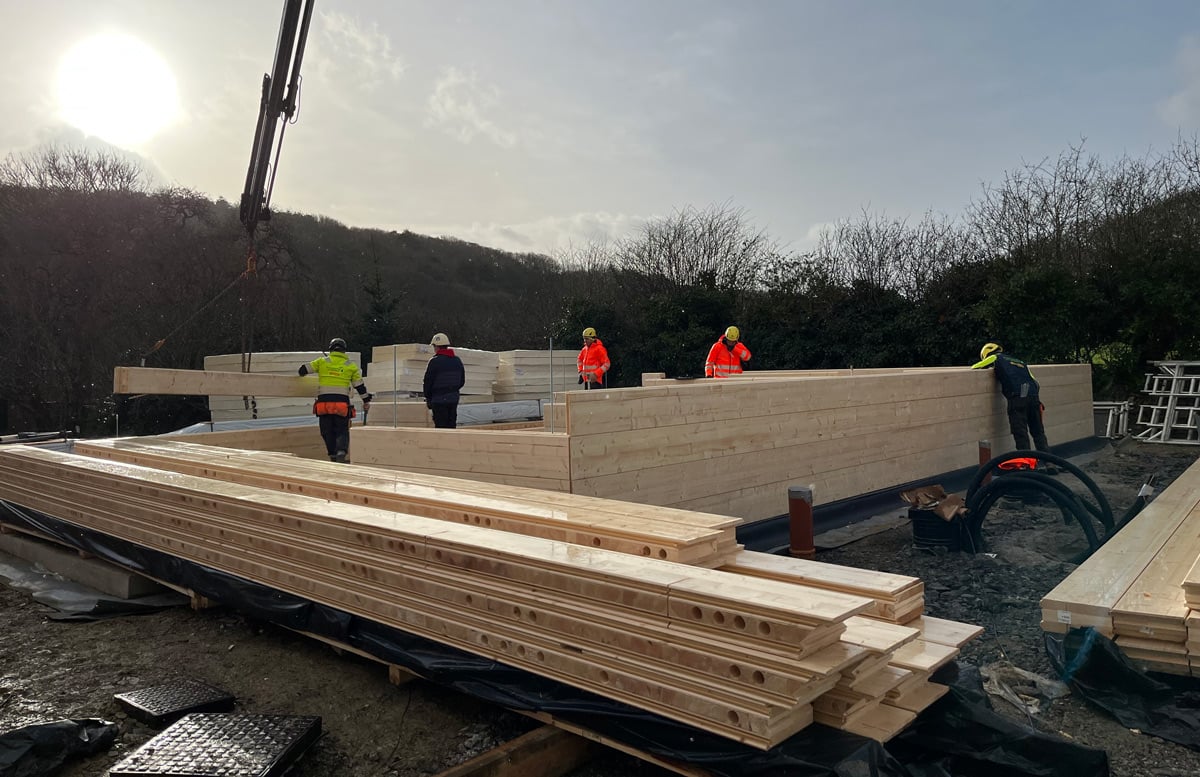Organisation and protection are paramount when embarking on a construction project. This is where standard forms of construction contracts come into play. These contracts are developed by professional bodies and institutions to provide a balanced and fair framework for the management and execution of construction projects. This article will explore these contracts, why they are crucial, and how they can benefit clients and contractors.
WHAT IS A STANDARD FORM OF CONSTRUCTION CONTRACT?
At its core, a standard form of construction contract is a pre-prepared document designed to regulate the construction phase of a project. These documents are readily available online or can be supplied by appointed consultants. They provide a structured framework with timelines and procedures to administer the construction stage effectively.
Standard construction contract forms are not just documents; industry experts meticulously craft them. These contracts have undergone rigorous testing, ensuring that they contain the right legal language and have been reviewed by legal professionals. Additionally, they are tailored to the legislation and laws of the specific country where the construction project occurs.
VARIATIONS IN STANDARD CONTRACTS
Countries often have standard construction contracts to adhere to local laws and regulations. For instance, in England and Scotland, there are distinct standard forms of construction contracts. The Scottish construction industry, for example, commonly uses the SBCC (Scottish Building Contract Committee) standard forms, which are a variation of the JCT (Joint Contract Tribunal) used in England.
 WHY CLIENTS NEED STANDARD CONTRACTS
WHY CLIENTS NEED STANDARD CONTRACTS
Clients benefit from using standard forms of construction contracts in several ways. These contracts:
De-risk the Process: Construction projects inherently carry risks. Standard contracts help mitigate these risks by providing a clear framework that outlines responsibilities and expectations. This reduces the likelihood of disputes.
Clear Timelines and Processes: Standard contracts offer a well-defined timeline and process, making it easier for clients to monitor the project’s progress and hold parties accountable.
Legal Recourse: If disputes do arise, standard contracts can be legally enforced, providing clients with a reliable mechanism for seeking compensation or resolution.
WHO CREATES STANDARD CONTRACTS?
Industry experts meticulously craft standard forms of construction contracts. Organisations like the SBCC in Scotland and the JCT in England develop these contracts to meet the specific needs of the construction industry in their respective regions.
TAILORING CONTRACTS TO FIT YOUR NEEDS
While standard contracts are readily available, they can also be customised to meet a client’s or project’s unique needs. In such cases, the client, contractor, and contract administrator would collaborate to modify the contract documents. Maintaining both the original and edited versions is essential to ensure understanding.
 TYPES OF CONTRACTS
TYPES OF CONTRACTS
There are varying degrees of complexity in construction contracts, which can be tailored to the project’s size, scale, budget, and level of contractor involvement. Traditional contracts are the most complex, while simplified versions- such as the ‘minor works’ contract- are available for clients with less experience in the construction industry and much smaller projects.
COST OF STANDARD CONTRACTS
The cost of having a standard form of construction contract in place can vary. Some contractors or architects may include contract administration as part of their service. However, clients can also purchase these contracts online. In most cases, the architect would be the best individual to nominate as the contract administrator due to their familiarity with construction details and their obligation to provide an unbiased view. The cost typically ranges from £28 upwards, depending on the complexity of the project and the specific contract chosen. You can find out more about the role of a contract administrator here.
THE IMPORTANCE OF HAVING A CONTRACT
Without a standard form of construction contract in place, there is a significantly higher risk for clients. In such cases, disputes tend to favour the main contractor. Customised, pre-prepared construction contracts help protect clients’ interests and provide a structured framework for the project.

PROTECTION FROM BREACH OF CONTRACT
Standard contracts protect clients from various breaches, including long-term delays, unauthorised work stoppages, significant cost increases, and poor workmanship. In case of a breach, these contracts outline an arbitration process and a dispute resolution mechanism, ensuring a clear path for resolving issues.
INVOLVEMENT OF CLIENTS
Clients should actively participate in the contract-writing process, as it is crucial to protect their investments. Standard forms of construction contracts have been tried and tested and exist to safeguard clients’ interests. While relying on bespoke contracts or agreements provided by contractors may be tempting, having a legal professional review any contract is highly advisable.
Standard forms of construction contracts are invaluable tools for both clients and contractors. They provide structure, clarity, and protection in an inherently complex industry. By understanding the significance of these contracts and actively participating in the contract-writing process, you can ensure a smoother and more secure self-build journey.
For more Self Build advice, take a look at the learning centre or follow the link below to arrange a free initial consultation with one of our team.



